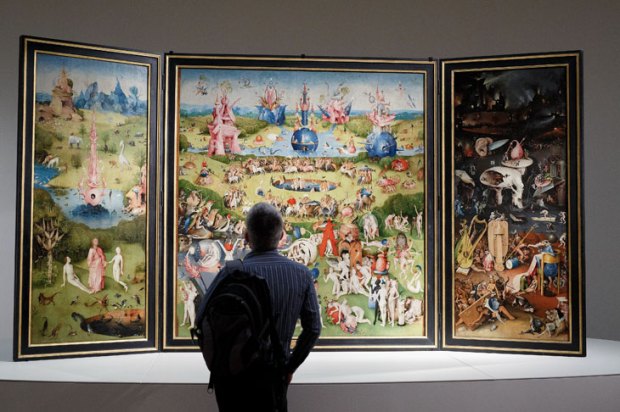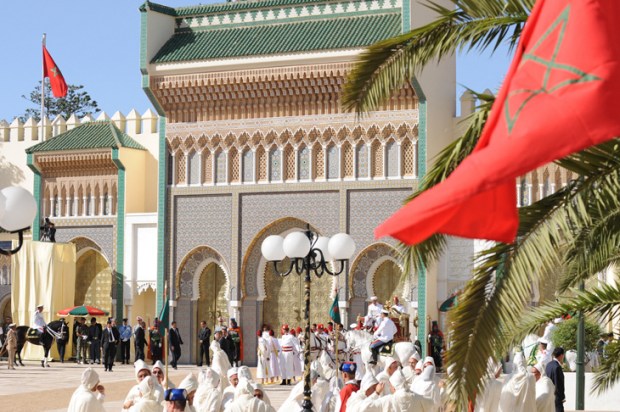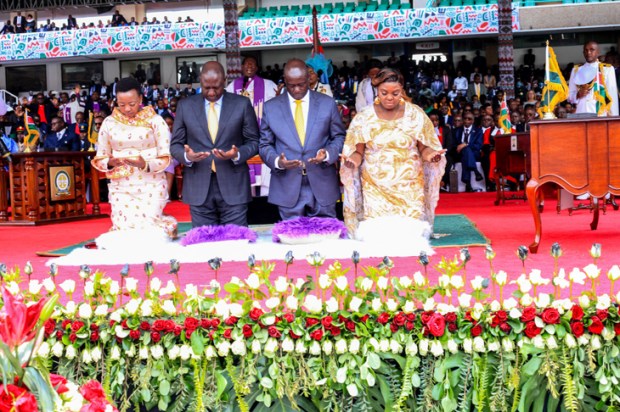It’s just six days before the Israeli elections. Bibi versus Buji and Tzipi. Labor’s Isaac ‘Buji’ Herzog and Hatnuah’s Tzipora ‘Tzipi’ Livni are running together on the Zionist Union ticket against Benjamin ‘Bibi’ Netanyahu and the Likud. It’s been a divisive campaign. Nasty, brutish and long. On both sides. But the anti-Netanyahu campaign by many in the media, which has also descended into sensationalised attacks on his wife Sara, is more bitter than anything my Israeli friends can recall. Today, however, is unprecedented. The group of 200 former security chiefs and generals, who say Netanyahu is a ‘danger’ to Israel, call a press conference that is clearly meant to influence voters. The ‘Commanders for Israel’s Security’ say the Prime Minister has not only severely damaged the Washington relationship, but that his policies towards Iran and the Palestinians threaten Israel’s future. In a country where the military leaders and the Mossad chiefs are respected far more than the politicians, and where Netanyahu is running on his security credentials, I figure the ‘Rebellion of the Generals’ must surely make a difference. How wrong I, and so many others, turn out to be.
Election night. The voting booths have closed at 10 pm, the bars and cafes in Tel Aviv’s fashionable streets are crowded, and the election coverage on Israel’s four main networks brings promising news for the Zionist Union. The early exit polls are predicting a projected 27-27 seats tie with Likud. For the first time in 15 years it looks as if the Left is in with a chance. But by the morning after, and with 99 per cent of the vote counted, the party’s well and truly over. In a totally unexpected comeback, which leaves some commentators literally lost for words, and even many in the Likud stunned, Bibi’s shot to the front with 30 seats; Buji’s left with only 24.
I can’t help thinking that this is Tel Aviv’s own Don’s Party. As if he’s read my mind, Guy Spigelman, an Israeli Labor party activist who immigrated from Australia some 20 years ago, is quoted the next day in the Left’s main newspaper Ha’aretz: ‘I was just sitting having coffee with some friends, and we’re all in a state of shock. We really thought we had it this time… that people wanted to kick Bibi out…’ But another Israeli with ties to Australia, offers a more sobering analysis in the same article. Fania Oz-Salzberger, the former Professor of Modern Israel Studies at Monash University and a peace activist, says that Israel’s centre-left was upbeat because it was talking to itself. ‘But nobody was speaking to the traditional Likud voters or the religious voters outside the camp. And some prominent members of the left actually insulted these voters, describing them as mystics and prejudiced people.’ Just to drive the point home, Oz-Salzberger said: ‘I’m concerned by the blindness that Tel Aviv exercised toward what is not Tel Aviv.’
Against the odds then, ‘twas a famous victory. But it wasn’t really a ‘landslide’. Only in Israel does winning 25 per cent of the vote seem like one. As the political culture has increasingly fragmented and tribalised, the average number of seats in the 120 member Knesset which the lead party has needed to form a coalition government in the last six elections has been, wait for it, just 30.1. Netanyahu’s victory, impressive as it is, has been magnified because it was so unexpected. Panicked by the opinion polls showing Herzog in front, Netanyahu regrouped and campaigned relentlessly for the last 72 hours. It was a tactically brilliant assault. On his nominal allies. The aim was to cannibalise votes from the far right and bring them back to the more centre right Likud. Which is what happened. But that result doesn’t fit the dominant international media narrative which played Netanyahu’s win as a ‘lurch to the far right’. If anything, it was a shift back to the centre.
By the weekend, four days after the election, some in the Israeli and international media have taken a deep breath, Israel as we know it has not come to an end, and it has not lost its soul. It’s had an election in a region where free elections are virtually unknown, and which some of the braver Palestinian and other Arab commentators have praised. A Palestinian Arab justice of Israel’s Supreme Court has provided Israel’s impressive President Reuven Rivlin with a special writ to enable the early rounds of forming a coalition government. And the Palestinian Arab bloc led by Ayman Odeh, a formidable young newcomer to Israeli politics, is now the third largest party in the Knesset.
Clearly, however, Netanyahu’s paid a price for victory. At home and internationally. His back-tracking about his promise that there would be no Palestinian state on his watch, a statement of the obvious, and that he really does believe in a two-state solution, is unconvincing internationally, and in Israel. Whereas it’s not extreme enough for his potential far-right coalition partners who want it in writing. Barack Obama’s threat to review the Washington-Jerusalem relationship is a spiteful over-reaction in keeping with his record of appeasement and failure in the Middle East. And Israel will somehow cope with the Obama administration. But it will mean increased diplomatic and political pressures on an increasingly isolated and beleaguered nation. Netanyahu’s biggest mistake, however, was his demeaning and reprehensible comments about Israel’s Arabs (voting ‘in droves’). Rightly, President Rivlin rebuked him. Whether Netanyahu can find a way to apologise and make amends is critical for the future integration of Israel’s Palestinian citizens. And it’s a test whether the victor can rise from the brilliant tactical politician he undoubtedly is, to somebody approaching a statesman.
Got something to add? Join the discussion and comment below.
Get 10 issues for just $10
Subscribe to The Spectator Australia today for the next 10 magazine issues, plus full online access, for just $10.
You might disagree with half of it, but you’ll enjoy reading all of it. Try your first month for free, then just $2 a week for the remainder of your first year.












Comments
Don't miss out
Join the conversation with other Spectator Australia readers. Subscribe to leave a comment.
SUBSCRIBEAlready a subscriber? Log in